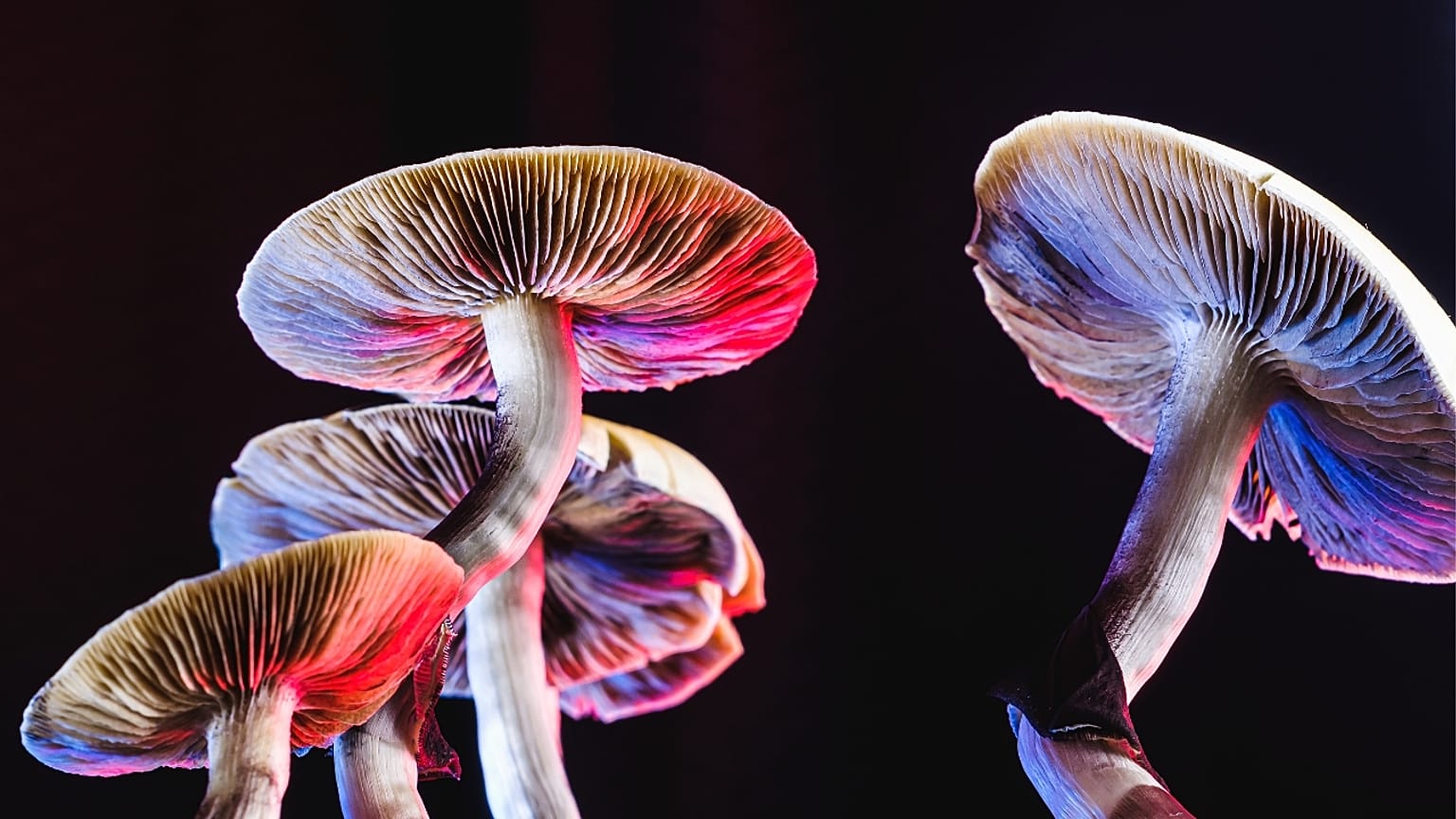The trial aims to understand if magic mushrooms can help treat depression and anxiety caused by incurable illnesses.
European researchers have started work on a clinical trial of psychedelics in palliative care patients.
 ADVERTISEMENT
ADVERTISEMENT
 ADVERTISEMENT
ADVERTISEMENT
The study will investigate whether psilocybin, a compound found in magic mushrooms (or shrooms), is safe and effective in relieving psychological distress for people suffering from one of four advanced illnesses.
It’s the first time the EU has funded a study into psychedelic-assisted therapy.
According to the Dutch University Medical Centre Groningen (UMCG), which is coordinating the trial, the European bloc has allocated more than €6.5 million to the project, called PsyPal.
Clinics in the Netherlands, Czechia, Denmark, and Portugal will treat over 100 patients as part of the research.
Each site will focus on one of the following conditions: chronic obstructive pulmonary disease (COPD), multiple sclerosis (MS), amyotrophic lateral sclerosis (ALS), and atypical Parkinson’s disease (APD).
“All four illnesses are incurable and profoundly life-altering, leading to a loss of autonomy and severe psychological distress. Studies indicate that depression and anxiety symptoms affect 34% to 80% of individuals across these conditions,” UMCG said in a statement.
How shrooms might ease psychological distress
When you take magic mushrooms, after a while you have what doctors call a “psychedelic experience,” Albino Maia, the psychiatrist in charge of the Portuguese part of PsyPal, told Euronews.
The most characteristic element of such an episode is "a certain loss of perception of the boundaries between yourself and the environment, which sometimes is called ‘ego dissolution’. You may feel, for example, that you exist in continuity with an object or with another person," he explained.
You might also see things differently, even see things that don’t exist. So, it’s a sensorial experience, and in some cases, people describe it as “mystical or even religious,” the psychiatrist added.
According to Maia, a few decades ago, in an informal context (not in a clinical trial), people who had a serious physical illness and suffered from depression, anxiety or even substance use disorder as a result, reported feeling emotionally better after a psychedelic experience.
"They had an experience that gave them a different insight into the world and they were different after that," he said. That’s when psychedelics prompted interest in terms of their therapeutic potential.
So doctors rolled up their sleeves and carried out several studies, especially on patients coping with terminal cancer. The positive results motivated the current EU-funded clinical trial, which broadens the scope by "looking at the palliative care outside the oncological context," Maia explained.
What exactly will happen during the clinical trial?
The researchers are now in the preparation phase: gathering all the scientific and human resources, and ensuring that all the procedures are approved by the bodies that regulate clinical trials.
According to Maia, they plan to start the trial itself in early 2025 and run it for two years, during which the patients will take the psilocybin pill twice: “first at a lower dose and then increasing it to what is thought to be the therapeutic dose," according to previous studies.
There will be a control group that is going to take a placebo instead of the actual psilocybin pill. All patients will receive psychotherapy during the trial, with results expected to come out in 2027.
The trial involves 19 European organisations from nine countries.

















